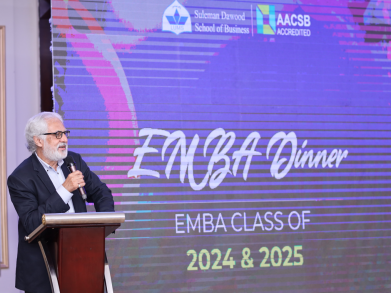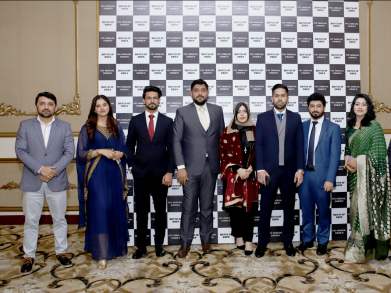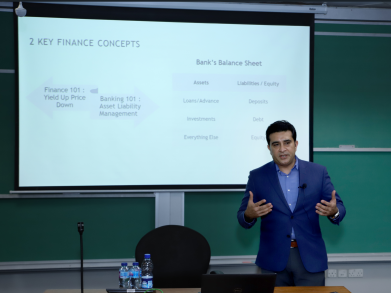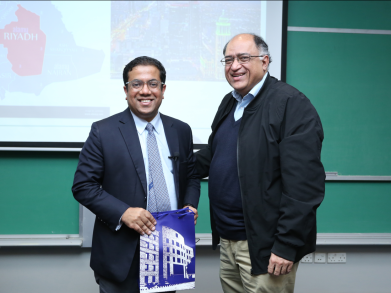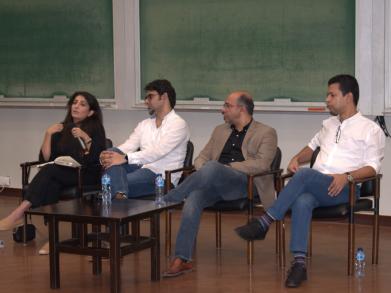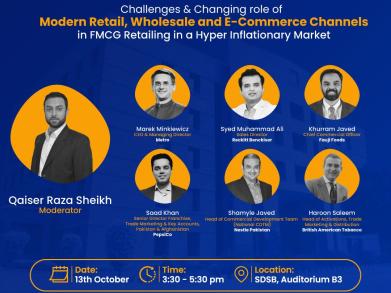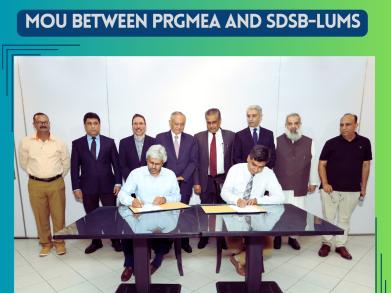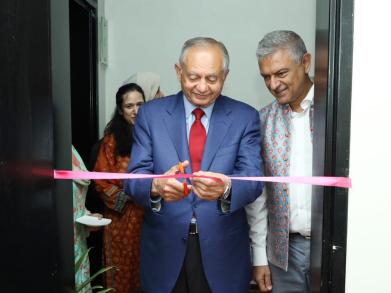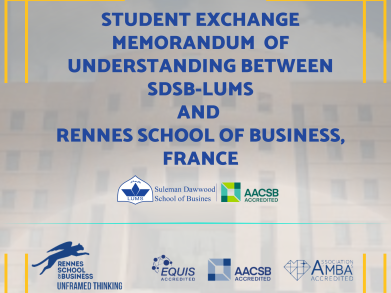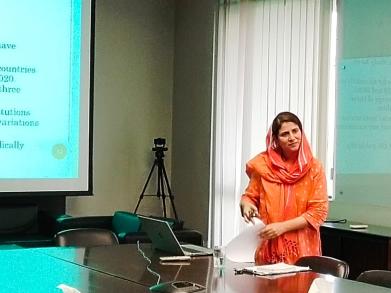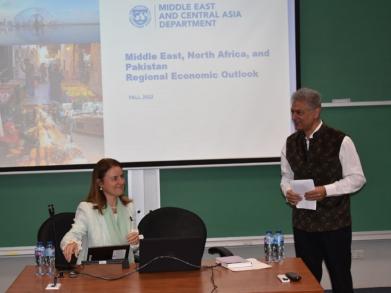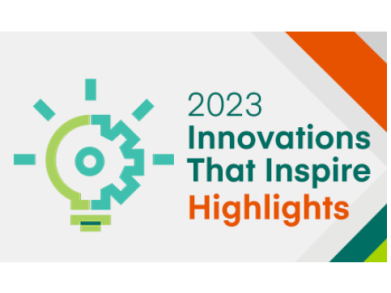Seminar on FinTech Education and its Integration into Business School Curricula
On Friday, 7 February 2025, the Suleman Dawood School of Business (SDSB) at LUMS hosted a seminar titled “FinTech Education and Its Integration into Business School Curricula.” The event brought together faculty members, academics, and industry experts to explore how financial technology (FinTech) can be effectively incorporated into business education.
As FinTech continues to transform financial services and reshape traditional business models, its integration into academic curricula has become essential for preparing future business leaders. Recognising this need, the seminar aimed to provide faculty with insights into emerging trends in digital finance, discuss pedagogical approaches for teaching FinTech, and highlight the resources available to support curriculum development.
The session featured distinguished speakers, including Dr. Syed Zahoor Hassan (Professor Emeritus, LUMS), Mr. Ahmad Yar Hiraj (Founder, OneLoad), and Mr. Faisal Mahmood (Head of Digital Public Infrastructure, Karandaaz—joining virtually). Their discussions focused on the academic relevance of FinTech, the challenges of incorporating it into business school programmes, and best practices for designing courses that equip students with both theoretical knowledge and practical skills.
Panel Discussion: The Need for FinTech Education
The seminar began with a panel discussion on the growing importance of FinTech in business education. Speakers highlighted how the financial sector’s digital transformation has created a pressing need for business graduates who understand emerging financial technologies, regulatory frameworks, and digital business models. Faculty members were encouraged to explore how FinTech concepts—such as blockchain, digital payments, AI-driven financial analytics, and peer-to-peer lending—can be effectively integrated into traditional finance, entrepreneurship, and management courses.
Panellists also discussed how FinTech education can bridge the gap between theory and practice by incorporating real-world case studies, industry collaborations, and experiential learning opportunities. The discussion underscored the importance of adapting curricula to the evolving financial landscape while ensuring that students gain a strong conceptual foundation alongside hands-on experience with financial technologies.
Developing FinTech Teaching Materials at LUMS
A key highlight of the seminar was a presentation on the development of FinTech teaching materials at SDSB, supported by Karandaaz. Since 2023, SDSB has offered an elective FinTech course for MBA students, designed to address the increasing demand for professionals with expertise in digital finance. Faculty members have developed localised teaching resources that examine Pakistan’s FinTech ecosystem, regulatory challenges, and market opportunities. These materials incorporate industry case studies, data-driven insights, and interactive learning methodologies, ensuring that students gain both conceptual understanding and practical exposure.
The presentation also emphasised the importance of contextualised learning, where students analyse local FinTech innovations and explore their implications for financial inclusion, economic development, and business strategy. By integrating these insights into course design, faculty members can ensure that business graduates are well-prepared to navigate the complexities of digital finance.
Advancing Research and Curriculum Development
The seminar concluded with a discussion on future opportunities for research, case writing, and curriculum development in FinTech. Faculty members and industry experts explored strategies for fostering collaboration between academia and industry to develop rigorous, research-based teaching materials. Participants also deliberated on the need for interdisciplinary approaches, drawing insights from finance, technology, and public policy to create comprehensive and forward-thinking FinTech courses.
As FinTech continues to reshape global financial systems, equipping faculty with the knowledge and tools to teach this evolving field will be essential in preparing the next generation of business leaders.





